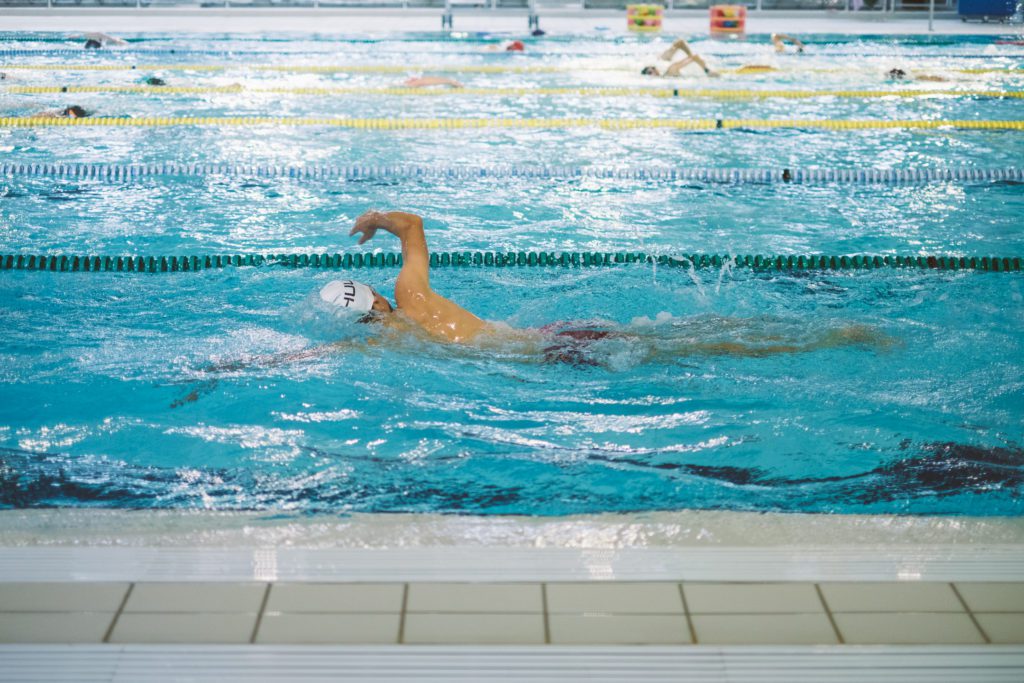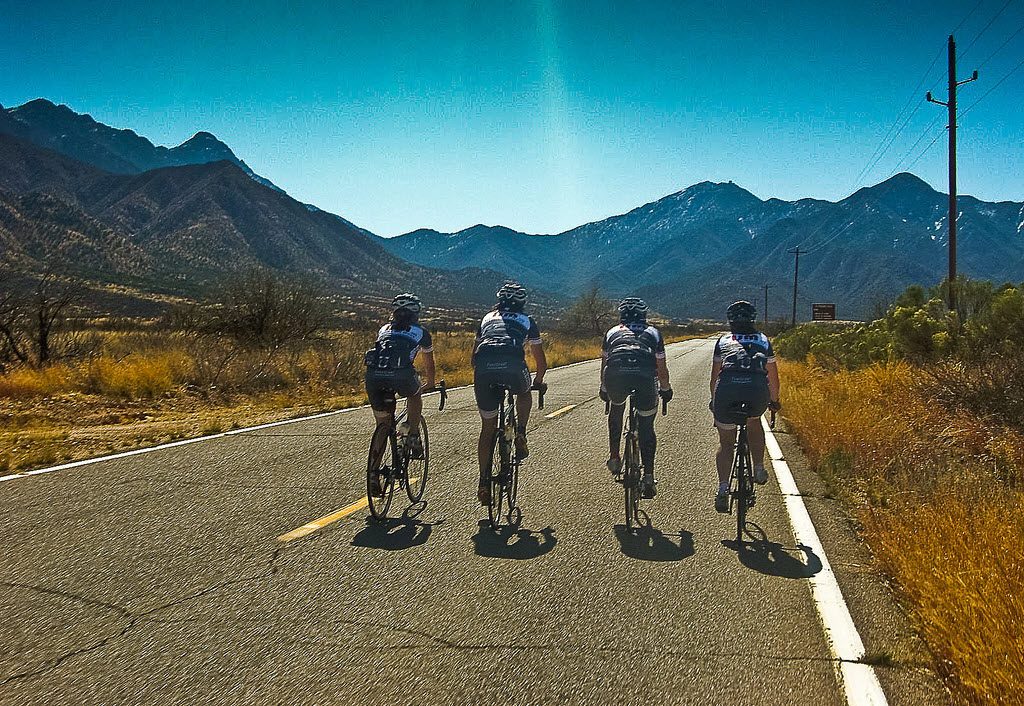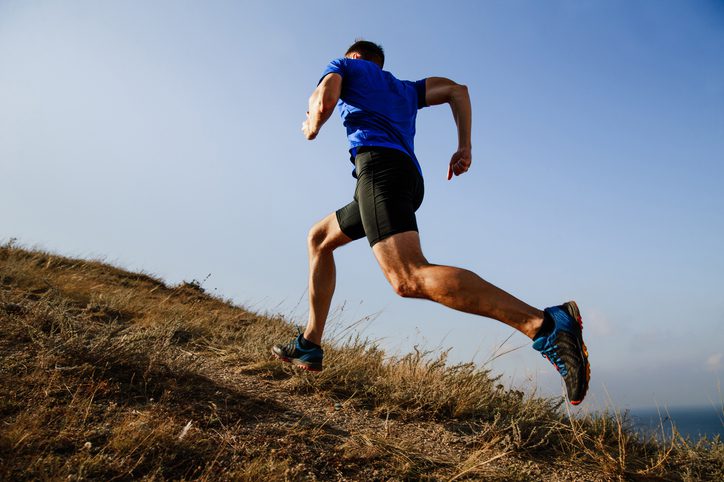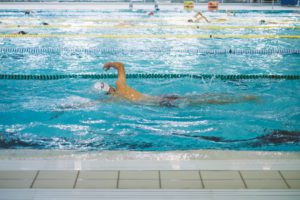Five reasons why a hockey player should give triathlons a try
Here are five reasons why a hockey player should do triathlons
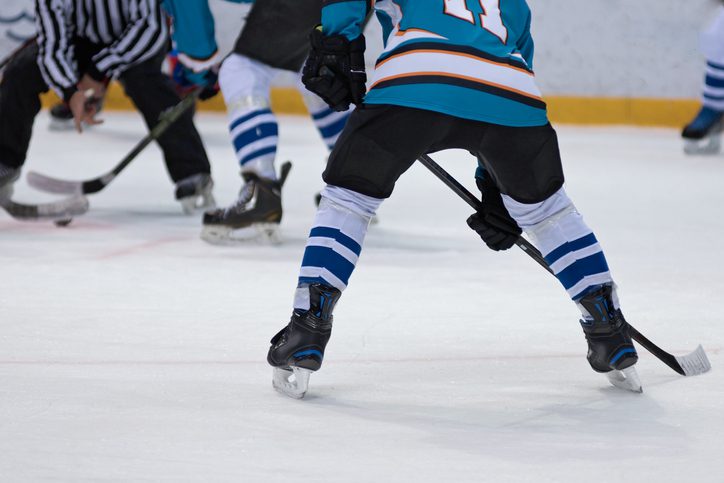
Here in the Great White North, hockey is the king. From the age of two, you’re out on the ice learning how to skate. By the age of four, you’re already dreaming of making the NHL and lifting the Stanley Cup above your head.
Unfortunately, only 1 in 4,000 Canadian youth hockey players make the NHL. So, what’s next when the ‘dream’ is over? Sure, you can continue to play the game you love in university and the local adult beer leagues, but why not try something else? Why not try triathlons?
Related: Adopting a long-term approach to triathlon training
Here are five reasons why a hockey player should do triathlons.
- Similar muscle groups used in hockey and triathlon: The major muscle groups used to propel you forward in hockey are in the legs. They also happen to be the primary muscles used in a triathlon to get from point A to B. Because of the physical nature of hockey, hockey players have taken the time to develop their upper bodies to sustain the impact of hits and drive the puck to the net. Not to mention the countless bag skates after a loss, a hockey player has the muscular and cardiovascular potential to excel in triathlons. With all the physical tools, a hockey player just needs the technical advice of a coach or friend to help them get started.

Muscle groups used in a triathlon are similar to those used in hockey - Keeps the competitive juices flowing and offers a new challenge: It isn’t all about winning… but for some of us it is. Like it or not, the objective of hockey is to win. In a triathlon, you have multiple opportunities to win. You can win the overall race, your gender category or age group. Add in the challenge of trying to complete three different sports back-to-back-to-back, and triathlon appeals to those who like the thrill of overcoming an obstacle. Triathlon is also a sport you can do well into your later years. Athletes like John Wragg and Bob Knuckey are a constant source of motivation for us all and proof we can enjoy competitions late into adulthood.
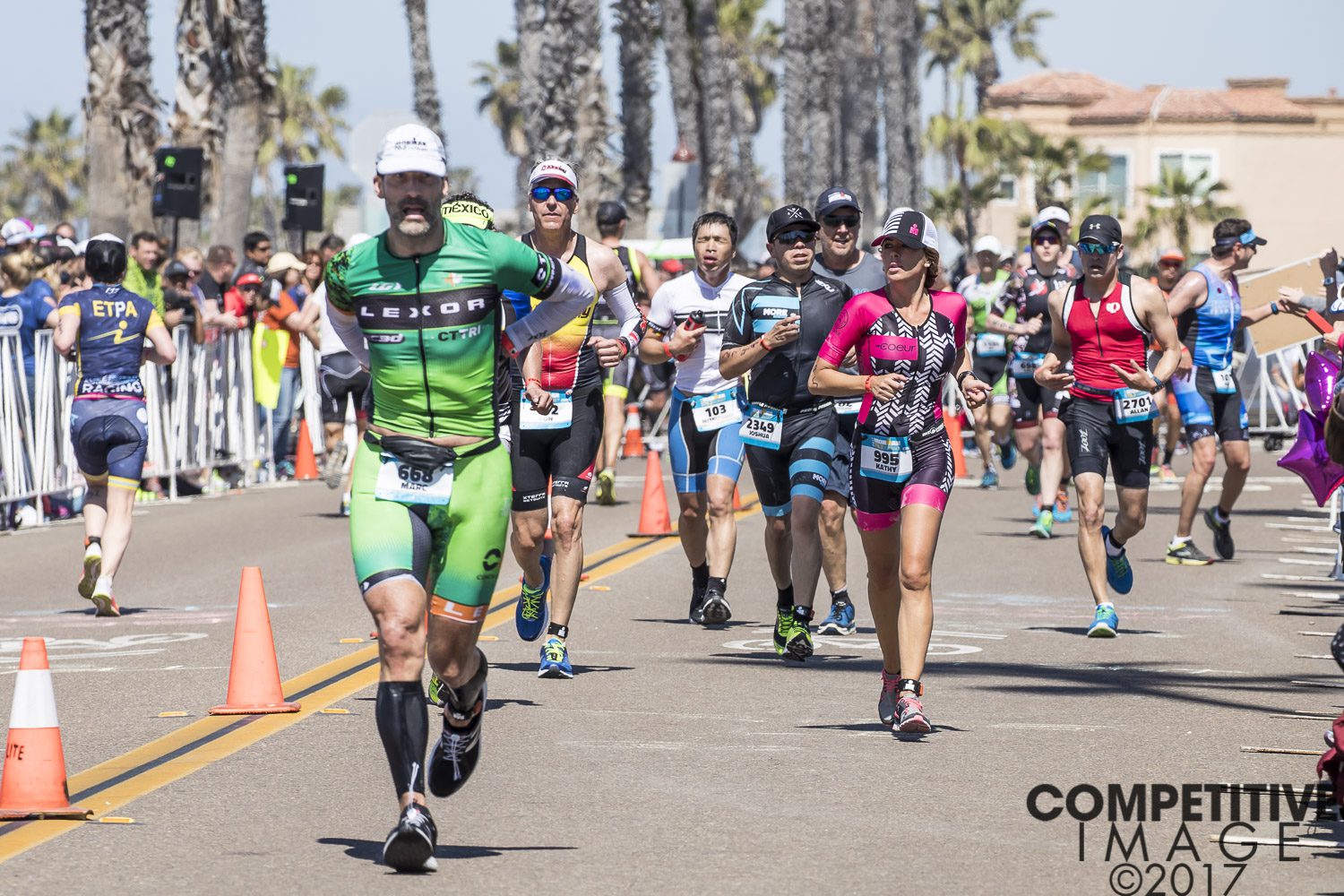
Age group triathletes competing at Ironman 70.3 Oceanside in 2017. - Full body workout: Hockey is a full body activity, and it has some transferable skills to triathlon. Hockey relies on strength, while triathlon relies on the cardiovascular system and muscular endurance. By doing some triathlons, along with your hockey, you will be able to develop different realms of fitness (strength and power with stamina).
- Lower risk of concussions: What makes hockey so physically demanding is the contact. The contact element of hockey dramatically increases the risk of injuries. One particular injury of concern is concussions. In the past decade, alarming research has emerged regarding the negative effects concussions can have on an individual’s health. Though there is always the risk of injury in any sport, getting a concussion in a triathlon is pretty tough.
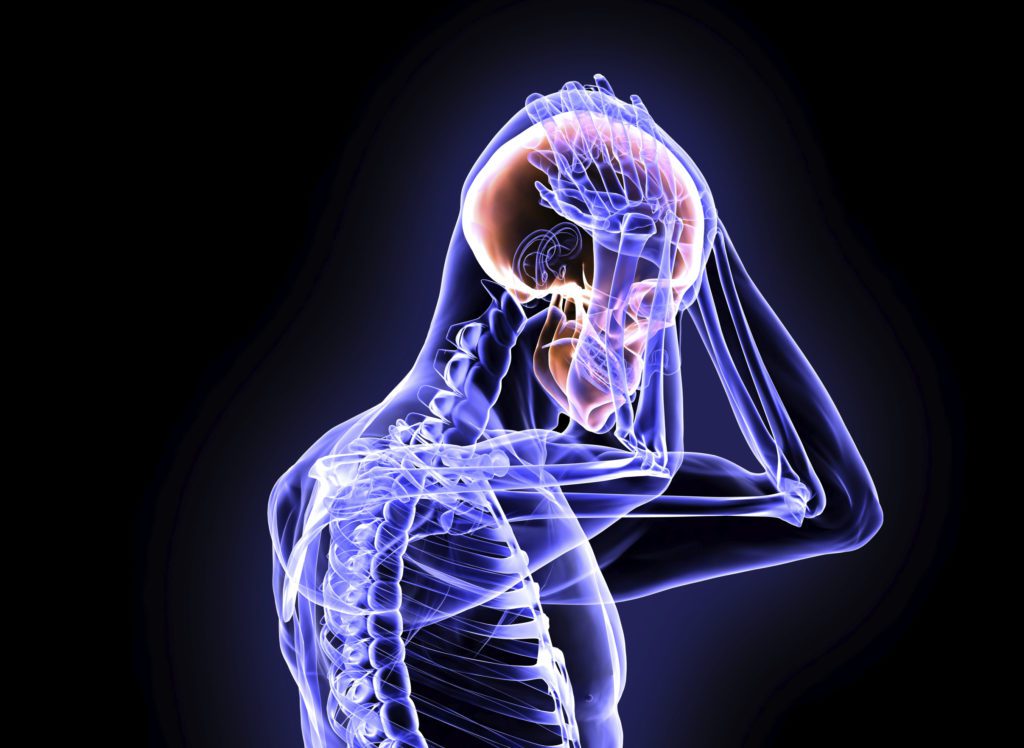
Over the past decade, research has revealed the dangerous effects multiple concussions can have on an individual. - The social element of triathlon training, groups and races: Like in hockey, there is a social element in triathlon. From coffee bike rides to post swim breakfasts, even the banter during a training session, triathlon brings people together. The majority of athletes you’ll find at a local triathlon are there to lead a healthy lifestyle, and although they are competitive, they are there to have fun.
Related: Why a runner should try triathlons
Heather Jackson is an example of an elite hockey player who made the transition to triathlons. Jackson grew up playing hockey in New Hampshire; she even played four years of Division I hockey at Princeton (NCAA). After her collegiate career, Jackson decided to try triathlons. In her first year of competing, she qualified for the Ironman World Championship. Two years later, she decided to become turn into a professional triathlete. Since then, she has won many 70.3 and full distance triathlons across North America.
Though you may not end up qualifying for the world championships or become a professional triathlete, triathlon is a great hobby to pursue.
